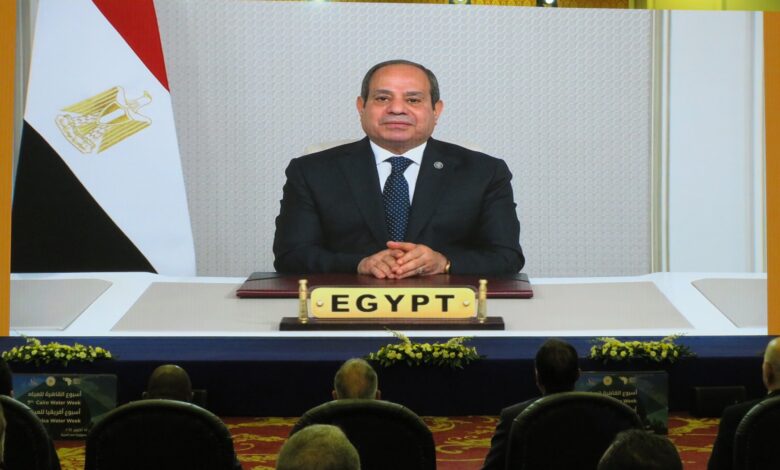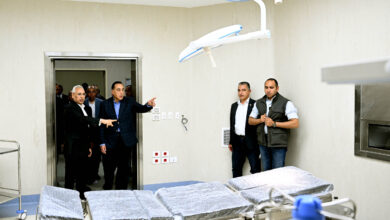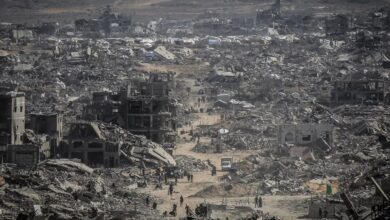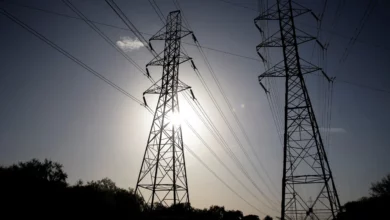
Egypt on Sunday stressed its rejection for any unilateral measures in the management of trans-boundary water resources, adding that it will not allow the concession of a single cubic meter of Nile water and categorically rejects the Entebbe Agreement.
It stressed that the Nile River is the main source of its water by more than 98 percent, and preserving this vital resource is an existential issue that requires persistent political commitment, diplomatic efforts, and cooperation with sister countries.
Egypt suffering from water scarcity – one of the driest countries
Minister of Irrigation Hani Sweilem said that Egypt suffers from water scarcity, as it is considered one of the driest countries with an annual rainfall rate of no more than 1.3 billion cubic meters.
The amount of rainfall in the Upper Nile countries exceeds 1,600 billion cubic meters annually, he noted, only three percent of which actually reaches Egypt.
Sweilem stressed that Egypt will not allow the concession of a single cubic meter of Nile water, and categorically rejects the Entebbe Agreement.
In a press conference on the sidelines of the Seventh Cairo Water Week, Sweilem called on the Nile Basin countries that signed the Entebbe Agreement to review their position and return to discussing cooperation between countries.
He pointed out that Egypt rejects unilateral measures and does not recognize unilaterally signed agreements.
Sweilem said the current water is not enough for Egypt, and therefore the nation cannot allow the concession of a single meter of Nile water and categorically rejects the Entebbe Agreement in its current form.
Minister of Foreign Affairs and Immigration Badr Abdel-Aati assured that Egypt adheres to the rules and principles of international law binding on the management of international rivers.
The Nile River is a matter of life and death
Egyptian President Abdel Fattah al-Sisi said, during the opening of the seventh edition of Cairo Water Week under the slogan “Water and Climate: Building Resilient Societies”, that the Nile River is an issue related to the life and survival of the Egyptian people.
“The Nile River is the main source of water in our country, by more than 98 percent, and therefore preserving this vital resource is an existential issue that requires persistent political commitment and diplomatic efforts,” he added.
Prime Minister Mostafa Madbouly stressed in his speech that the Nile Basin Initiative, in its original, consensual form on which it was established, will remain the only comprehensive mechanism that represents the entire Nile River Basin.
The risks resulting from individual and unilateral actions that do not adhere to the principles of international law are evident in the shared river basins, he said, particularly regarding the the Grand Ethiopian Renaissance Dam (GERD) which began construction more than 13 years ago on the Nile River, without any consultation or sufficient studies – in violation of international law.
Madbouly added that the continuation of these actions poses an existential threat to more than 100 million Egyptian citizens, and if these practices continue in conjunction with periods of prolonged drought, more than 1.1 million people may lose their livelihoods.
This in turn may lead to an exacerbation of illegal immigration across the borders of the Egyptian state, he warned.




